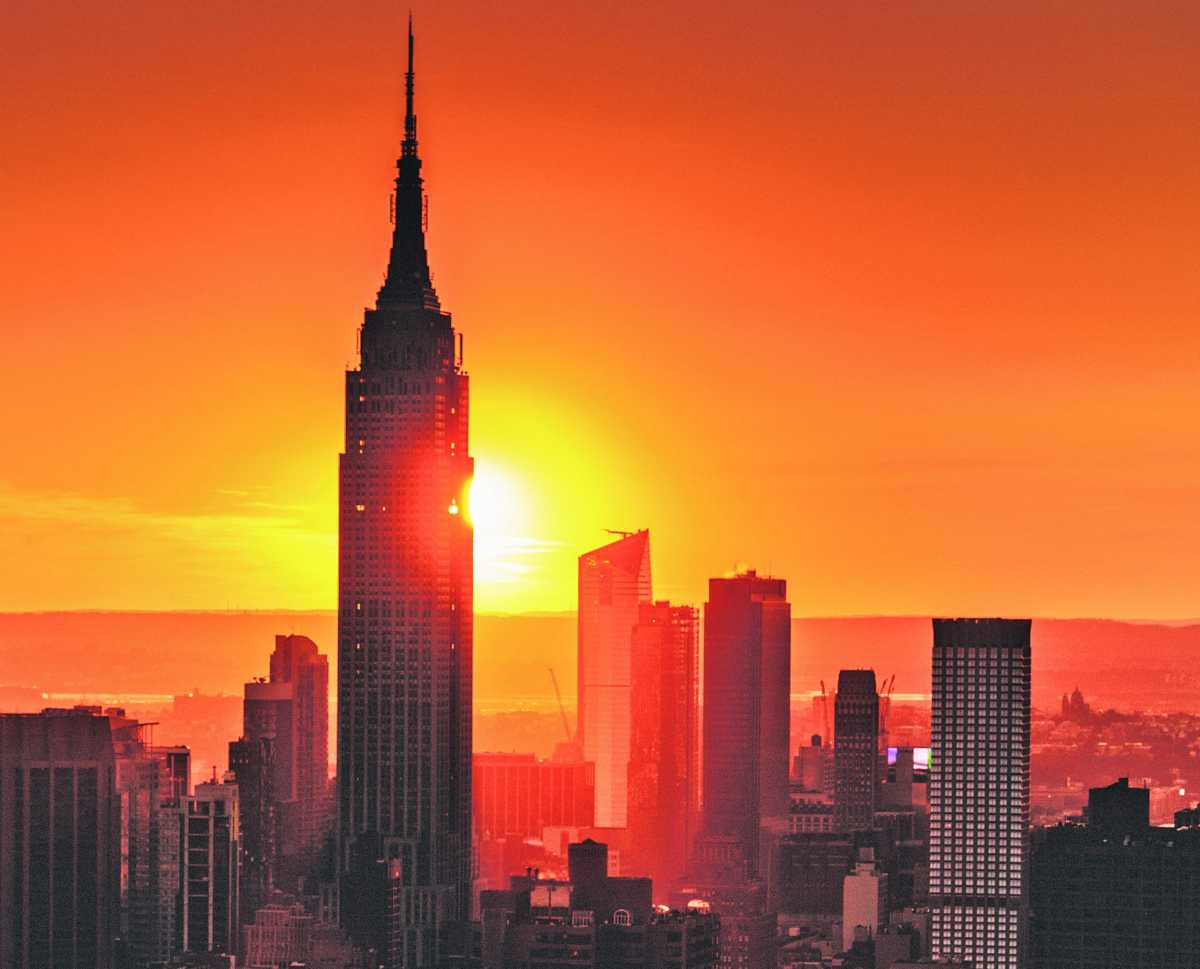Mayor Bill de Blasio provided an update on Thursday on the city’s plan to keep elderly and low-income New Yorkers cool this summer during the coronavirus pandemic.
In mid-May, the de Blasio administration promised to install 74,000 air conditioning units into the homes of low-income seniors in the city and adjust city-wide cooling centers to meet social distancing requirements in order to help New Yorkers stay cool while also mitigating the spread of the novel coronavirus.
So far, the city has installed 34,294 air conditioners into the homes of low-income elderly New Yorkers, de Blasio told reporters during a press conference on Thursday. Out of those units, 24,133 went into private homes while 10,161 were installed in New York Housing Authority apartments, according to the mayor’s office.
De Blasio also said that the city will set up 130 cooling and misting stations across the city’s most heat-burdened communities according to the Heat Vulnerability Index, 650 spray showers are now running in city parks and 300 fire hydrants have been equipped with spray caps to allow for easy and legal opening.
The city has also mapped out 145 cooling centers that abide by social distancing guidelines although the city website is currently not functioning. In addition, the Parks Department will add more cooling elements like street showers and capped fire hydrants to 14 more open streets as a part of its “Cool Streets” initiative.
Some experts believe that air conditioning units have actually helped spread the coronavirus since the machines continuously recirculate air. On Thursday, the World Health Organization officially recognized that droplets carrying the virus could be airborne indoors posing a risk of infection to those who spend long periods inside without ventilation.
It is unclear if the air conditioning units being installed in homes are equipped to filter out the coronavirus.
“A cooling center is a very temporary reality, typically someone is there for a day or part of a day, maybe several days in the daytime hours but its something that is used very occasionally,” de Blasio said after being asked what the city was doing to ensure that the AC units in homes or in cooling centers would not spread the virus. “We want to make sure that the cooling systems are as clean and appropriate as they can be. We are thinking of any and all measures we need to take to address this new data… we are going to have more to say on this in the coming days.”


































